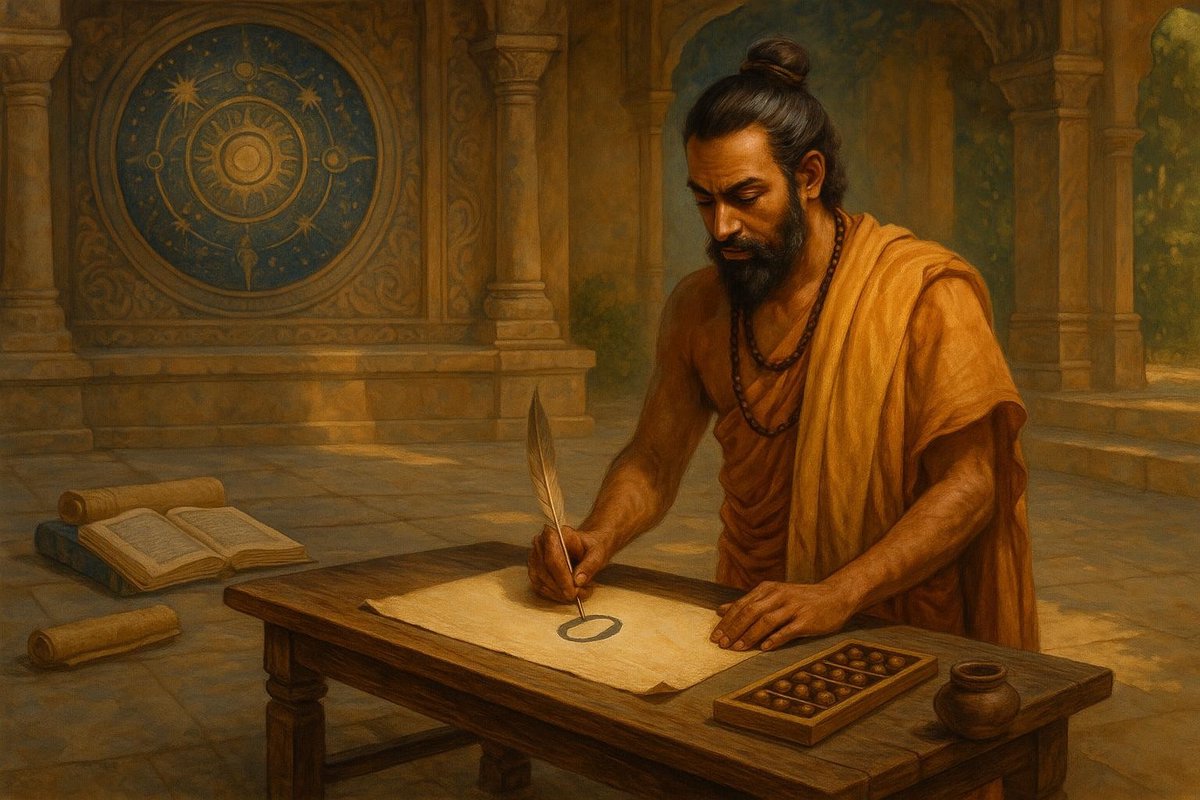
In the grand tapestry of human history, few concepts have had the power to transform thought and progress like the number zero. Its journey from obscurity to essentiality in mathematics ignites intrigue and reverence. But why did zero matter so deeply, and how did it come to be? Join me on an exploration through time to uncover the roots of this pivotal discovery.
Early Influences: Seeds of Zero in Ancient Civilizations
Interestingly, the idea of zero can be traced back to ancient civilizations, yet it was not always recognized as a number as we understand it today. Many believe the earliest semblance of zero appeared in the Babylonian number system around 300 BCE, though it was merely a placeholder.
- The Babylonian placeholder laid the foundation for zero’s future development.
- Indian mathematicians later expanded this to a full-fledged concept.
- Cultural exchanges between these regions helped spread the idea.
The intellectual lineage of zero took root as trade routes and cultural interactions flourished, particularly between the Eastern and Western worlds. The Indian scholar Brahmagupta, around 628 CE, presented zero as not just a placeholder but a number with its own properties. This marked a revolutionary shift in understanding.
Mental Models: The Abstract Leap
Of course, Brahmagupta’s insights did not emerge in a vacuum. His mental models were shaped by a rich tradition of Indian mathematics and philosophy. The Indian culture, with its emphasis on the infinite and cyclical nature of life, provided fertile ground for such abstract thinking.
- Brahmagupta formalized rules for arithmetic involving zero.
- His work laid the groundwork for future mathematicians.
- Zero became integral to algebraic expressions and equations.
Brahmagupta’s audacity to envision zero as a numeric entity showcased the power of abstract thought. It was a leap of imagination, driven by the desire to solve practical problems of calculation and to understand the universe more deeply.
Challenges & Resilience: The Struggle for Acceptance
As time goes on, every revolutionary idea faces resistance, and zero was no exception. Its journey through the corridors of time met with skepticism and challenges, particularly in Europe, where the Roman numeral system dominated.
- Zero was not immediately embraced in the Western world.
- Medieval European scholars initially resisted its use.
- The eventual translation of Arabic texts brought zero into wider use.
No wonder it took centuries for zero to be fully accepted in European mathematics. The resilience of scholars who championed zero was key to its eventual integration. The translation of works by Arab mathematicians, who had adopted zero from Indian scholars, marked a turning point in the 12th century.
Legacy: Zero’s Indelible Mark on Civilization
The legacy of zero is profound, extending far beyond the realm of mathematics. From allowing the development of calculus to enabling the binary code that powers today’s digital world, zero’s impact is ubiquitous.
- Zero enabled the development of complex mathematics.
- It is integral to modern computing and technology.
- Its philosophical implications continue to influence thought.
As societies evolved, zero became a cornerstone of scientific and technological progress. Its ability to represent nothingness and infinity alike has spurred countless innovations and philosophical debates. The intellectual courage to embrace zero transformed human knowledge in ways that continue to resonate.
Fuel Someone Else’s Curiosity
In reflecting on the journey of zero, we uncover a testament to human ingenuity and the power of ideas. Share this knowledge with others, sparking conversations about how simple concepts can change the world. Encourage exploration and curiosity, for who knows what the next zero-like revelation might be.

Leave a Reply